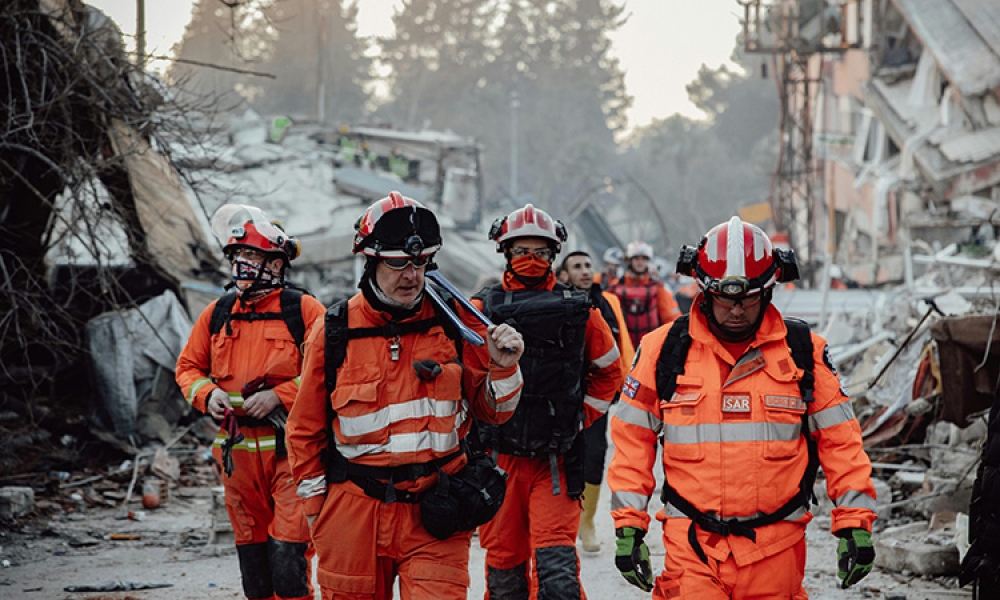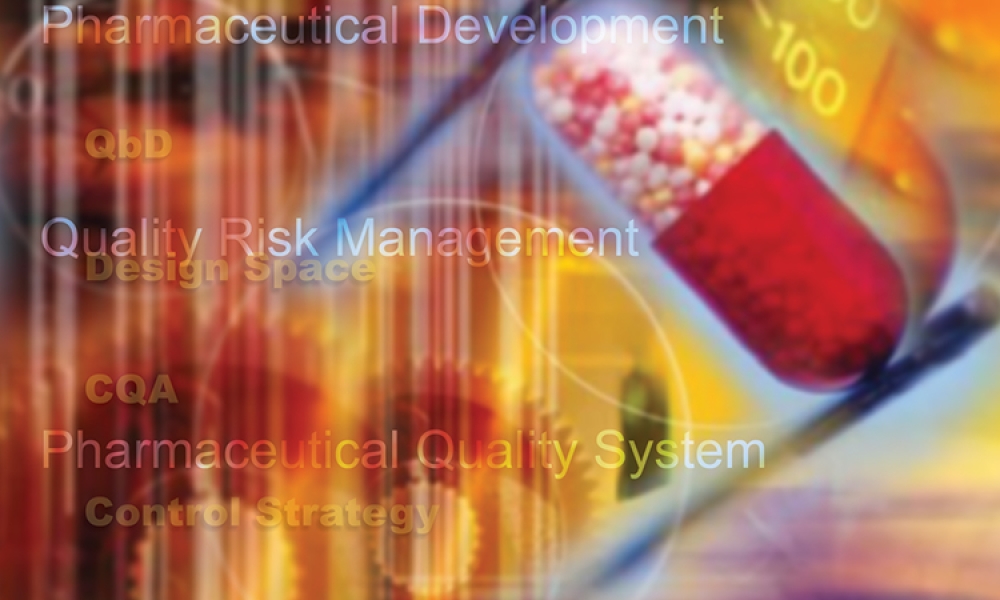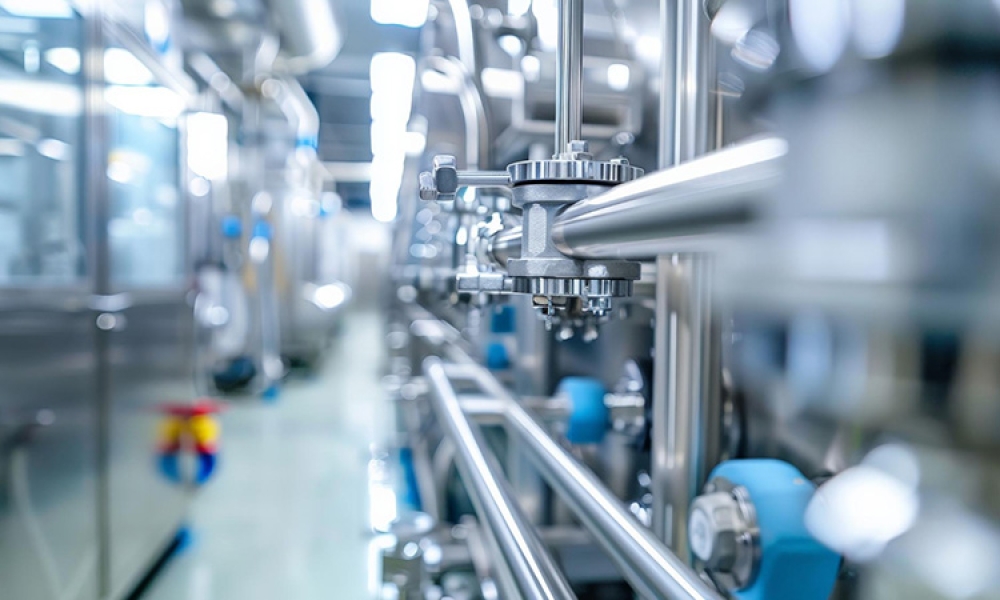Collaboration is the key to the success and growth of the pharmaceutical industry. This becomes more apparent as we connect and share our knowledge with each other. Leveraging from lessons learned by sharing our experience from manufacturing plant designs, start-ups, and operations helps to continuously meet the growing supply demands and reduces the manufacturing challenges encountered.
The application of patient-centric approaches is a way to improve the drug quality and overall drug development lifecycle. It also enables a robust product supply. The patient-centric strategy further explores how demographics and epidemiology of the disease state can be impacted by using an intelligent packaging design, the adoption of decentralized clinical trial designs, and the integration of underserved communities. In this session, these questions and topics are further elaborated on and discussed.
The evolving and new medicinal therapies are continuously impacted by shifting regulatory frameworks, control strategies, and technical product solutions. One area affected by these shifts is the combination products. We’re excited to learn more from regulators and industry representatives about how combination product spaces are impacted by these evolving expectations.
The accelerated construction of the facilities for new therapies and expectations to meet sustainability goals are the leading trends in the pharmaceutical industry. One of the sessions will delve into this aspect of industry development. Presentations will share the specifics of facility design considerations and modular approaches to meet the increasing viral vector manufacturing demand. In another presentation, Amgen Inc. will share how they built a biomanufacturing facility using the latest digital and robotic technology to incorporate three pillars of sustainability – innovation, efficiency, and renewable energy. The innovation and emerging solutions have provided biomanufacturing facilities with key strategies to increase production, decrease downtime and reduce supply chain risks. Catalent’s Project Mercury (FOYA winner of social impact) will share the key lessons learned and strategies implemented as they continued to deliver in the face of the global pandemic.

Digital transformation under a heavily regulated environment has been slow yet strong. We start the third conference day by exploring how to cope with data integrity and digitalization in the supply chain. GSK is overcoming manufacturing challenges such as unplanned downtime, batch reviews, planning, and scheduling by adopting a range of technologies and progressing towards Pharma 4.0. Similarly, Iovance Biotherapeutics Inc’s iCTC Project (FOYA award winner) showcases how they adopted Pharma 4.0 principles to ensure the facility is continuously manufacturing without any production mistakes or risk of failures. They also would share the development of proprietary software that is used to track patient samples throughout the production process at the facility.
Furthermore, expanding on how adopting newer approaches can help overcome manufacturing challenges, experts from Johnson & Johnson will be sharing how the incorporation of a Manufacturing Equipment Excellence (ME2) Program is supporting their ongoing efforts of manufacturing asset management in an FDA-regulated environment. In another presentation, a practical model focusing on a Data integrity surveillance program will be discussed to show how data compliance can be ensured across the whole supply chain.
To ensure critical continuity of operations, identifying operational advocates, a defined advocacy strategy and emerging technologies can be incorporated into the facility design. Designing a facility that considers operational requirements would help reduce the additional operational enhancements required for the facility to ramp up its production. One presentation focuses on how they built an impactful execution strategy by implementing this operational advocacy along with project management and facility start-up structure.
Continuous manufacturing has been the dominant OSD industry buzz for years, yet its acceptance into the manufacturing business has been slower than expected. One of the sessions focuses on analyzing the gathered data to determine the benefits of continuous manufacturing over batch manufacturing. The leading OSD companies such as AstraZeneca and Patheon by Thermo Fisher Scientific share the key lessons learned while they continue to improve their OSD manufacturing processes.
To further reinforce the enhanced outcomes of the industrial collaboration, the content area’s closing session will dive into how three international companies came together to go on an innovation journey from vision to solution. The presentation will share a real-world example of how the combination of knowledge and skillsets, and adoption of emerging technologies led to a design and build of unique equipment that is cost-effective, pre-qualified, and enables wider filling opportunities.
Attend the Therapy Innovations content area at the 2022 ISPE Annual Meeting & Expo to learn more about how the industry is using innovative technical solutions to deliver new medicinal therapies.
View Agenda







